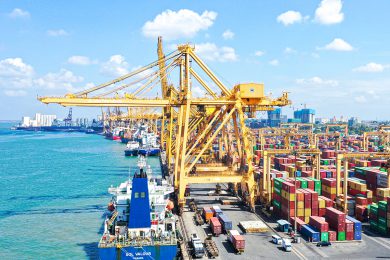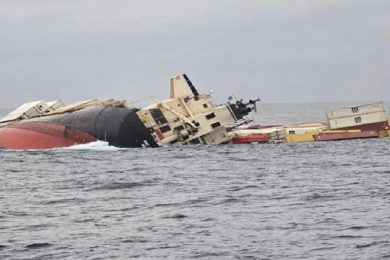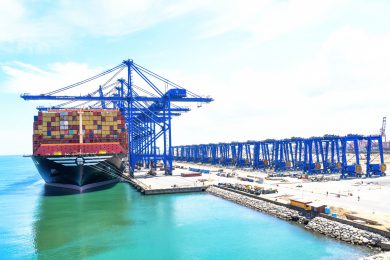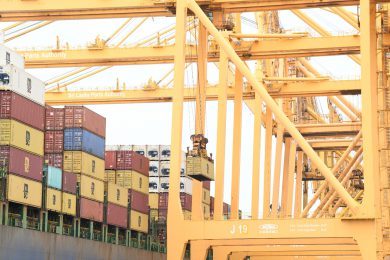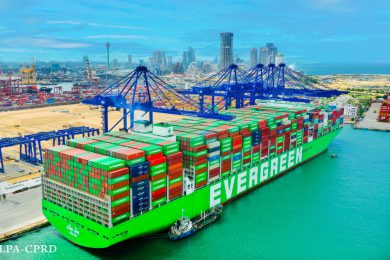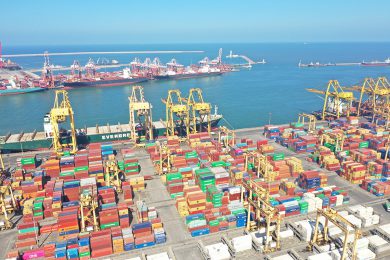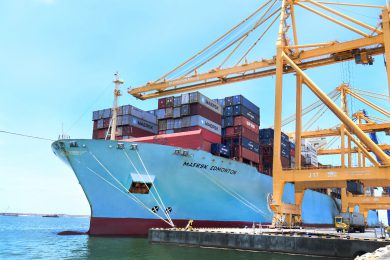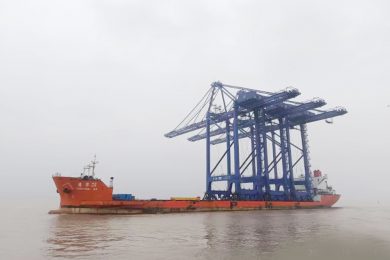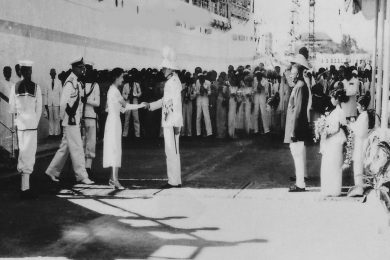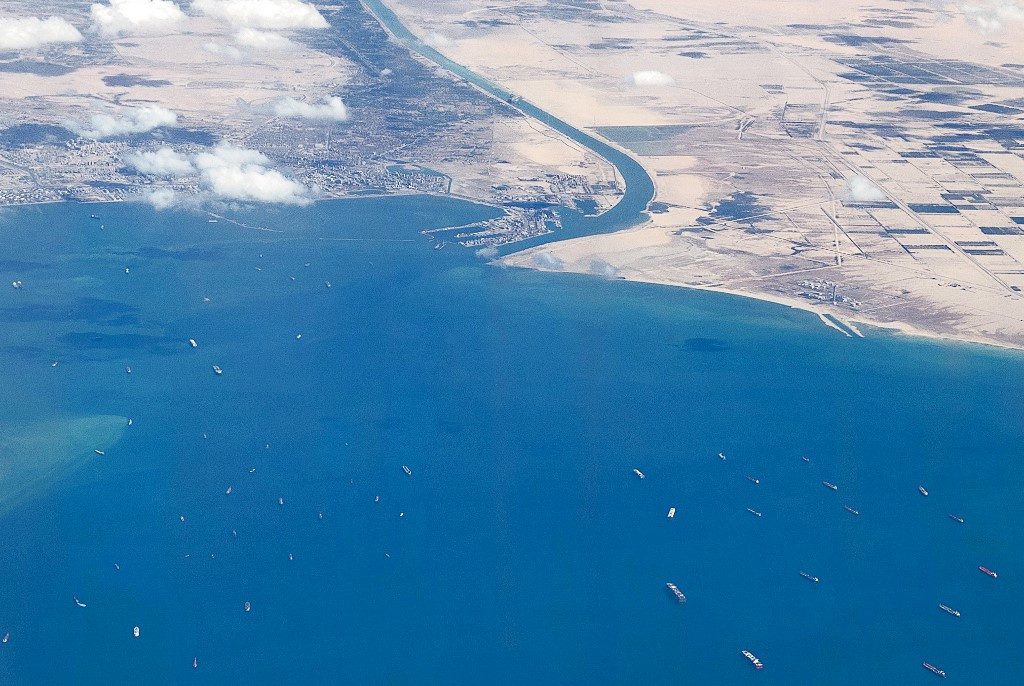The industry has largely become accustomed to longer routes though some ports are still adapting to increased volumes.
The shipping industry has settled into a new normal with routes avoiding the Red Sea according to industry experts, despite the Houthi militant group vowing to escalate attacks in the region.
Analysis from online freight marketplace Freightos found that while the adjustments made by the industry continued to disrupt, the worst of the backlogs and shortages seen at the beginning of the Red Sea crisis have largely dissipated.
An update from the company said issues mainly persisted in ports that were now being used more frequently than usual, as shipping operators change their routes to avoid the Red Sea, where the Houthi group have been attacking ships seen to be associating with Israel and the US has been retaliating in Yemen.
Freightos said: “Some West Mediterranean ports are now being used as transshipment hubs for East Mediterranean-bound containers, leading to some congestion there, and terminals in Colombo, Sri Lanka are also facing some backlogs as volumes have increased there for transshipment to the Middle East.”
The analysis comes shortly after shipping giant Maersk revealed that it had seen first quarter results in line with its expectations despite an increase in operating costs caused by the Red Sea crisis.
The company said that despite the disruptions, the crisis had led to an increase to its market rate income and only affected one of its terminals, though its ocean business took a significant hit to its profits.
Stabilisation for the industry highlights the new normal away from the Red Sea, which used to be a key region for shipping thanks to passage provided by the Suez Canal previously allowing ships to avoid having to travel around the southern Africa’s Cape of Good Hope.
The recent threat from Houthi leaders to escalate attacks in the region and target any ships heading to Israel within its range, including in the Mediterranean Sea, unless Israel ends the war in Gaza and the US and UK stopped their airstrikes in Yemen does not appear to have prompted much industry reaction.
In March, the situation was escalated after the first direct fatalities from a Houthi attack were confirmed when three crew members were killed by a ballistic missile on the Liberian-owned True Confidence while the bulk carrier was on its way to Jeddah, Saudi Arabia.
Source: ship-technology.com



